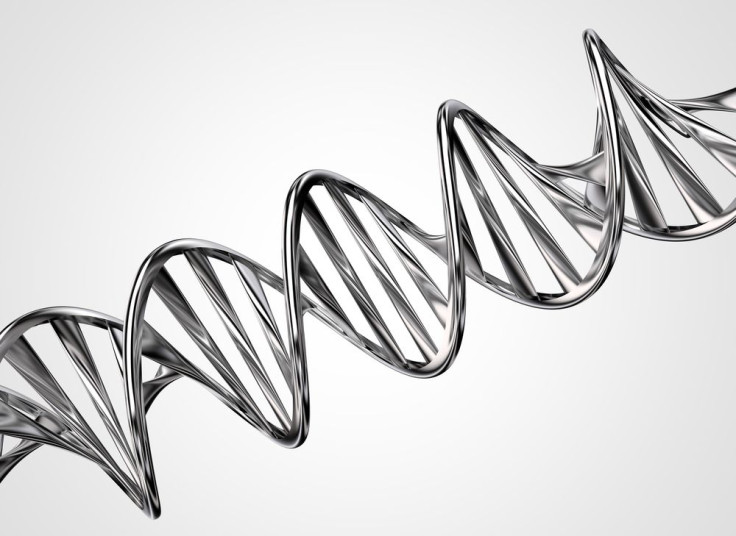Single-Cell 'Fingerprint' Reveals Cancer Progress: Genomic Analyses Could Allow Personalized, Preventative Therapy

A single cancer cell may help oncologists anticipate tumor growth, according to a new study. Researchers at The Institute of Cancer Research in London have determined that a genetic “fingerprint” taken from a cancerous cell can reveal the extent of the cancer’s genetic diversity — its “family tree.” By highlighting key mutations, the method could help doctors develop more effective, personalized therapies.
The study sought to investigate how a cancer’s genetic makeup influences tumor growth and disease progression. Like all organisms, a cancer unfolds in generations of cells, evolving resilience and advantages in response to unique environmental circumstances within the patient’s body. According to senior author Mel Greaves, this evolutionary trajectory is of high clinical significance, as it can give doctors a clue about a cancer’s next move.
“The diversity of genetics within individual cancers reveals the otherwise hidden evolutionary histories of cancer cells,” he said in a press release. “Our research highlights how mutations distribute into branching patterns that are unique to each patient. The diversity of these evolutionary tree structures helps explain why advanced cancer can be so resilient to treatment.”
To investigate, Greaves and his colleagues tested hundreds of individual cancer cells collected from three leukemia patients. They found that each patient’s cancer came with its own family tree and a unique set of tumor-driving mutations. “We are beginning to understand how unique and complex each patient’s cancer is and the profound implications that this can have on the success of treatment,” said Bruce Bunce, research director at the Leukemia & Lymphoma Research Center. “By cataloguing the variety of genetic faults found in hundreds of individual leukemia cells in each patient, this study significantly advances our understanding of how cancers start and evolve.”
The current study dovetails with a number of other inquiries into personalized cancer care. Individualized therapy currently dominates the research field, and the majority of new treatments tend to include some component of genomic analysis. An example is a recent McGill University study, in which researchers show that a new spectrum of biomarkers can help oncologists identify colorectal tumor growth.
Bunce concluded, “the efficient and accurate methods developed could be used in leukemia and other cancers to predict how an individual's disease will progress, guide the personalized choice of treatment to target cancer at its root and monitor the risk of it coming back.”
Source: N. E. Potter, L. Ermini, E. Papaemmanuil, G. Cazzaniga, G. Vijayaraghavan, I. Titley, A. Ford, P. Campbell, L. Kearney, M. Greaves. Single-cell mutational profiling and clonal phylogeny in cancer. Genome Research, 2013.
Published by Medicaldaily.com



























